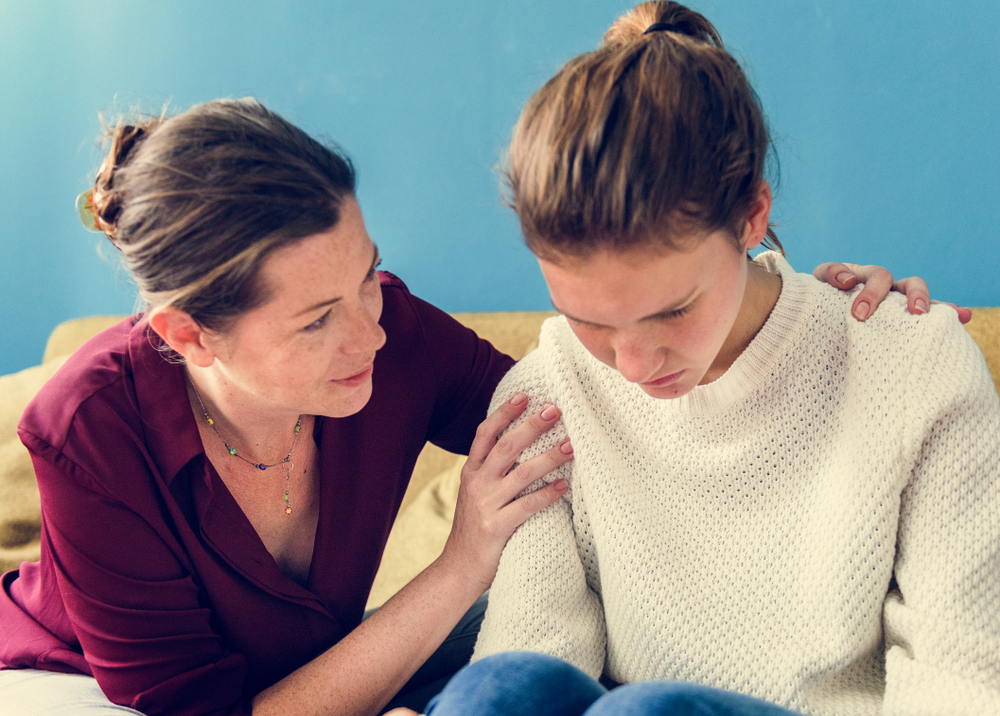Troubled teens are those whose behavior is affecting their lives negatively. When those troubled teens turn violent, they can be committing harmful acts on others. If your teen ager is becoming more violent and their behavior is getting worse, you may need to consider professional help.
Teen violence could turn into a danger to you, your spouse and other children in the home. Don’t wait until someone gets hurt. Instead, take the time to learn the signs of troubled teen violence so you can make informed decisions about how to help your child. Troubled teens should definitely get professional help, but as a parent, you may just feel unable to make that final step in going to outside sources for guidance. However, you should never blame yourself if your teen gets violent. Instead, focus your energy on getting them the help they need.
As a caring parent, it’s important to know exactly what you are dealing with when it comes to the potential for violence in your teen. There are early warning signs that may indicate your troubled teen is setting themselves up for too much anger and emotion and therefore they will act out. Not every teenager who expresses these signs will be violent, and some teens are violent that don’t express any typically negative behavior.
Early signs of troubled teen behavior:
- Isolation from friends and family
- Withdrawing from hobbies and activities
- Feelings of rejection and low self-esteem
- Victim of bullying or harassment
- Victim of sexual abuse or trauma
- Portraying violence in creative writing, art or other private expression
- Increasing aggression
- Increasing physical aggression, like slapping, hitting or pushing
- Increasing discipline problems
Even though there are no surefire ways to predict which troubled teens will become violent, there are a few risk factors that experts have identified that may help you become more aware of what your child may be going through. Risk factors include children and teens who are hyperactive, defiant or oppositional, as well as those who have issues with mood control, anxiety, learning disorders, and those with substance abuse problems. Teens with emotional and behavioral issues are more likely to become violent as well.
Here are some of the most common things you’ll notice in your teen when he or she is engaging in violent behavior with peers or family members:
- Announcing plans to hurt other people
- Increased risky behavior
- Problems controlling anger
- Feeling disrespected
- Increasing run-ins with authority figures like teachers or the police
- Been a victim of bullying or harassment
- More alcohol or drug consumption
- Losing temper daily
- Provides details on how they will commit violence
- Carries a weapon
- Gets pleasure from hurting animals
Studies show that teens who receive help in addressing problems in a healthy way are more likely to avoid violent confrontations and are better able to deflect violence in others. It’s a scary feeling to be afraid of your violent teenager, but with the right help, your teen can transition from using violence to solve problems to a more successful, less harmful approach.
Some Help Your Teen Now Related Articles
- What Did I Do Wrong, My Teen Is Violent?
- What Causes Violence In Teens?
- Creating Healthy Relationships, Combating Teen Dating Violence
- Doing Your Part For Teen Dating Violence Awareness Month
- I’m Worried My Teen May Be In A Violent Relationship
- Parenting Focused On Preventing Teen Violence
- The Hard Facts On Troubled Teen Violence
- Treatment For Violent Teens











0 Comments